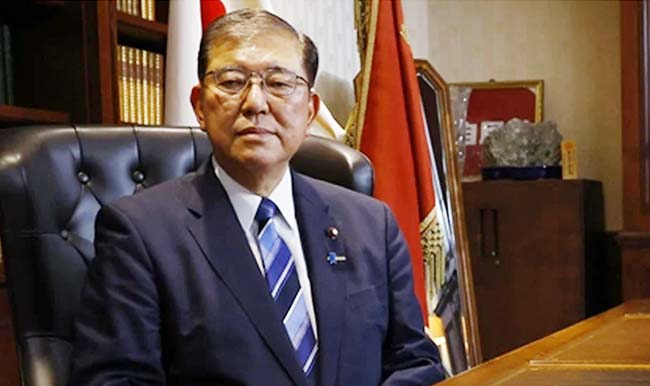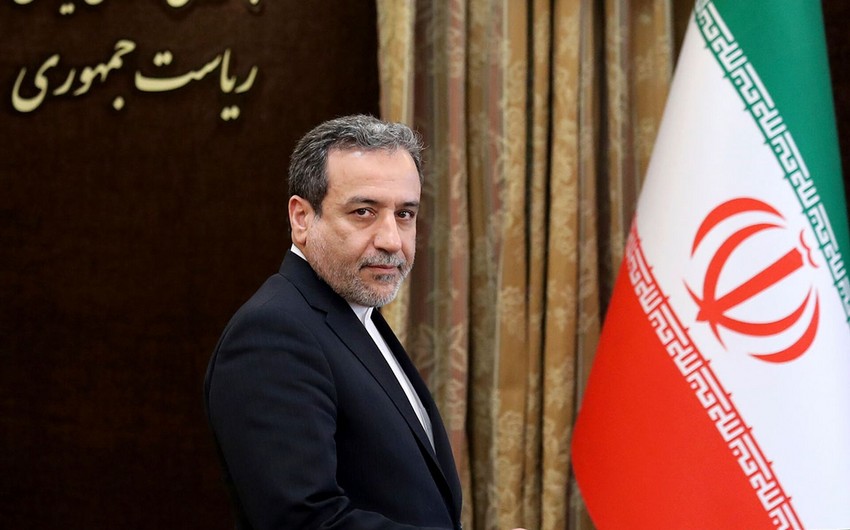Japan's ruling party has lost its parliamentary majority for the first time in 15 years. The general elections held on Sunday dealt a significant blow to new Prime Minister Shigeru Ishiba amid economic issues and a series of political scandals.
According to national broadcaster NHK, the ruling Liberal Democratic Party (LDP) and its coalition partner Komeito won only 215 of the 465 seats in the lower house, which is short of the 233 seats needed for a majority.
This result marks the first time since 2009 that the LDP has lost its majority in the lower house of parliament. Founded in 1955, the LDP has ruled Japan almost continuously and is known as a conservative political force.
NHK reports that Ishiba stated voters had “severely punished” his party.
Before the elections, the LDP and its junior partner Komeito held a stable majority of 279 seats, of which the LDP held 247. In today's elections, however, the LDP managed to win only 191 seats. The LDP's main competitor, the Constitutional Democratic Party of Japan (CDPJ), increased its seats from 98 to 148. CDPJ leader Yoshihiko Noda said in a press conference, “Our goal was to shake the ruling party's majority. We achieved that.”
Former Defense Minister Ishiba called for early elections after being elected party leader last month, aiming to strengthen his public mandate. However, the election results indicate that Ishiba will now have to struggle to form a government.
To remain in power, the LDP may attempt to bring other parties into a coalition or govern through a minority government. But either outcome threatens Ishiba’s position as prime minister.
Before the elections, the LDP faced public discontent due to major political scandals and an economic crisis. Cases of unaccounted millions in political funds, as well as some members of parliament failing to declare income properly, led to a serious financial scandal that severely damaged the party’s public image.
Former Prime Minister Fumio Kishida, seeking to ease tensions, replaced several ministers and dissolved LDP factions. However, facing calls for his resignation, he announced in August that he would not seek a second term.
Veteran politician Ishiba has promised financial support for low-income households, an increase in the minimum wage, and regional development. He also pledged a “full exit” from high inflation and aimed to achieve growth in real income.
Ishiba has made strengthening ties with the U.S. a priority amid growing security issues in Asia, including China’s aggressive actions and North Korea’s military demonstrations. Long-term U.S.-Japan partnership has been central to U.S. strategy in the Asia-Pacific region, and Ishiba’s predecessor, Kishida, expanded Japan’s defense cooperation with its key ally earlier this year. Ishiba, for his part, advocated for a more balanced relationship, including stronger oversight of U.S. military bases in Japan.
As Defense Minister, Ishiba held a firm stance on security issues and even proposed creating a NATO-like security alliance for Asia, though he appeared to abandon the idea after it was rejected by the U.S.
Notably, in Japan's political culture, which highly values conformity, Ishiba has long been considered an outsider for his willingness to criticize his own party. This courage has gained him powerful adversaries within the LDP but also made him more popular among grassroots members and the public.










